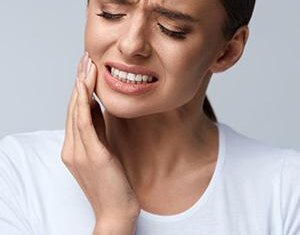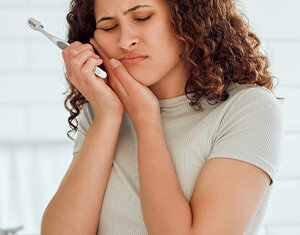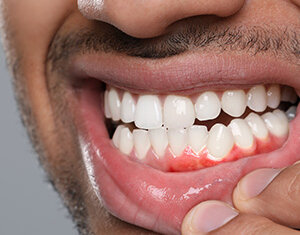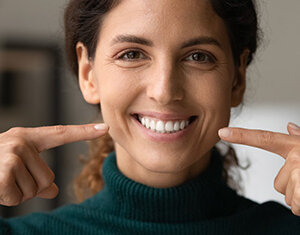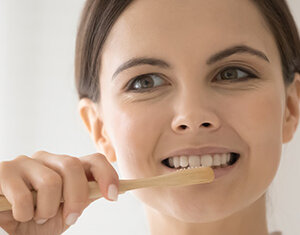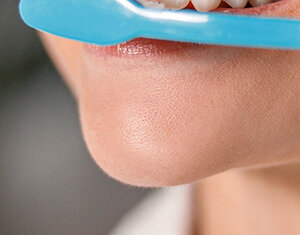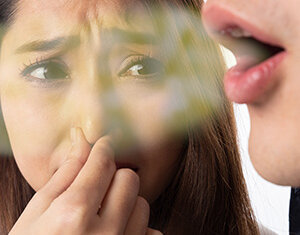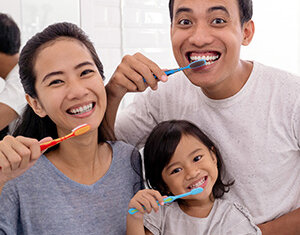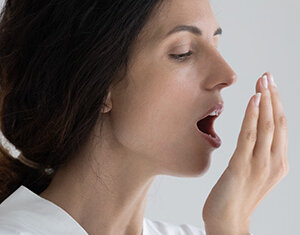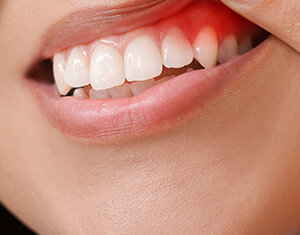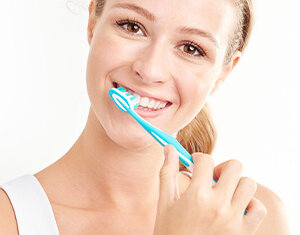Blog
Daily Oral Hygiene Routine: A Step-By-Step Guide For A Cleaner Mouth
Oral Care

Oral hygiene is fundamental not only to dental health but to overall well-being. A proper daily oral care procedure can prevent a multitude of dental issues, including tooth decay, gum disease, and bad breath, ensuring a cleaner mouth and a brighter smile. This article is structured around essential steps and tips and aims to empower individuals to achieve and maintain optimal oral hygiene.
Understanding Oral Hygiene
Oral hygiene encompasses all practices aimed at keeping the mouth clean and disease-free. Fundamental to these practices is removing plaque to prevent the formation of cavities and the onset of gum disease. A complete mouth care routine involves the use of specific tools, such as toothbrushes, toothpaste, dental floss, and mouthwash, each playing a unique role in maintaining dental health.
How To Maintain Oral Hygiene
-
Adults Oral Hygiene Tips
- Night brushing with Dabur Meswak is a necessary ritual to clear residual debris, purifying acid secretions, and prevent enamel corrosion throughout the night due to sustained plaque bacteria metabolic activities in the absence of stimulated salivary secretions.
- Interdental brushing requires as much diligence as tooth brushing from microbial colonisation between tighter teeth gaps, which risks eventually causing painful cavitations if overlooked through the usual bristles' inability to access such niches deeply.
- Maintain mouth hydration levels through frequent warm saline water swishing for stimulating minor salivary glands secretions, keeping protective antimicrobial enzyme levels optimal. At the same time, oral lining moisturisation through fatty foods minimises dryness issues associated with ageing.
-
Kids' Oral Hygiene Tips
- Lead through personal examples; early brushing consistency matters more than periodic instructions alone for lifelong discipline inculcation. Make sessions enjoyable through storytelling and shifting focus.
- Customised smaller toothbrush heads suit deciduous teeth sizes better, doubling efficacy. Let children partake in selections, building compliant enthusiasm daily converted into habits eventually.
- Creative, positive reinforcements through token star charts, post-brushing nutritious smoothies/yoghurt treats, or animated rhymes conditioned with oral tasks over punishments/penalties thrusts aid higher compliance conversion addressing innate forgetfulness or momentary mood swings effectively.
-
The Do's of Oral Hygiene
- Brush teeth and gums gently using soft-bristled twice daily or post-meals with non-abrasive fluoride toothpaste supporting remineralisation, speeding arrested minor lesions reversals through surface hydroxyapatite crystals redeposition.
- Gentle-directed tip water irrigation integration assists traditional brushing periodically for interim dexterity challenges. However, avoiding directed high-pressure jets risks invoking gum line tissue damage through uncontrolled mobility errors.
- Interdental flossing deserves equal diligence as tooth brushing from putrefaction risks through trapped food particles between tighter teeth gaps decaying eventually absent bristles accessibility limitations.
- Dentists suggest removing tartar every 6 months through scaling or chipping. It revives gum health by removing tenacious plaque biofilm.
-
The Don't of Oral Hygiene
- Consuming sticky candies can lead to prolonged adherence to teeth surfaces. This leads to irreversible caries acid demineralisation due to sugar secretions from pathogenic opportunistic streptococci colonies that inevitably increase in such desirable niches.
- Skip harsh mechanical cleaning to avoid mucosal damage and sensitivity from one side, which can open opportunities for microbial insights.
- Avoid immediate brushing post acidic food intake risks worsening transient softened enamel erosion from surface demineralisation vulnerability phases.
Addressing Common Oral Hygiene Challenges
Maintaining consistent oral hygiene can be a challenge for many people, whether due to sensitivity, bleeding gums, or a lack of motivation. Overcoming these issues may require tailored solutions, such as using desensitising toothpaste or seeking professional advice. Incorporating enjoyable elements, like flavoured dental products or listening to music while brushing, can also make mouth care procedures more appealing and easier to maintain.
Conclusion
Good oral hygiene is essential to prevent dental diseases and maintain a cleaner, healthier mouth. Proper brushing and flossing techniques, mouthwash and tongue cleaning, hydration, a healthy diet, and regular dental check-ups can significantly improve oral health and overall well-being.
FAQs
-
Why is nighttime brushing so important?
Night brushing clears food debris and plaque acid secretions interacting with enamel during lowered salivary secretions while sleeping, preventing extensive damage from sustained bacteria metabolic corrosions through manual efforts before bed.
-
How often should you change your toothbrush?
Toothbrushes require replacement ideally every 3-4 months as bristles deform through recurrent usage, losing efficiency and hampering plaque removal abilities. New brushes allow accessing concealed gumline niches optimally.
-
Can using mouthwash replace brushing?
Interdental brushing and flossing are as important as mouthwash for optimal oral health because mouthwash alone cannot mechanically dislodge plaque.
-
What natural home remedies can help oral hygiene?
Oil pulling with coconut oil, saltwater rinses, and aloe vera application improves oral health and boosts immunity, aiding commercial transparency.
-
How do you make kids enjoy brushing?
Creative engagements like musical toothbrushes, automated timers ensuring two minutes of diligence, or rewards stars building weekly goals accomplishments make sessions fun while raising long-term compliance beyond mundane chores perceptions alone temporarily.









